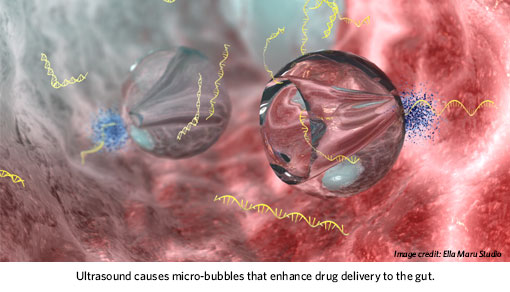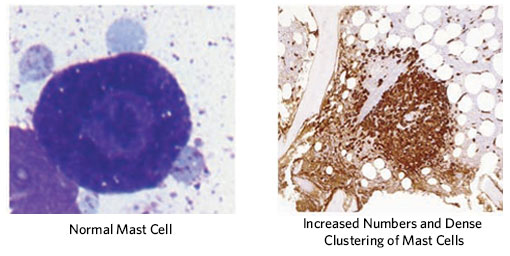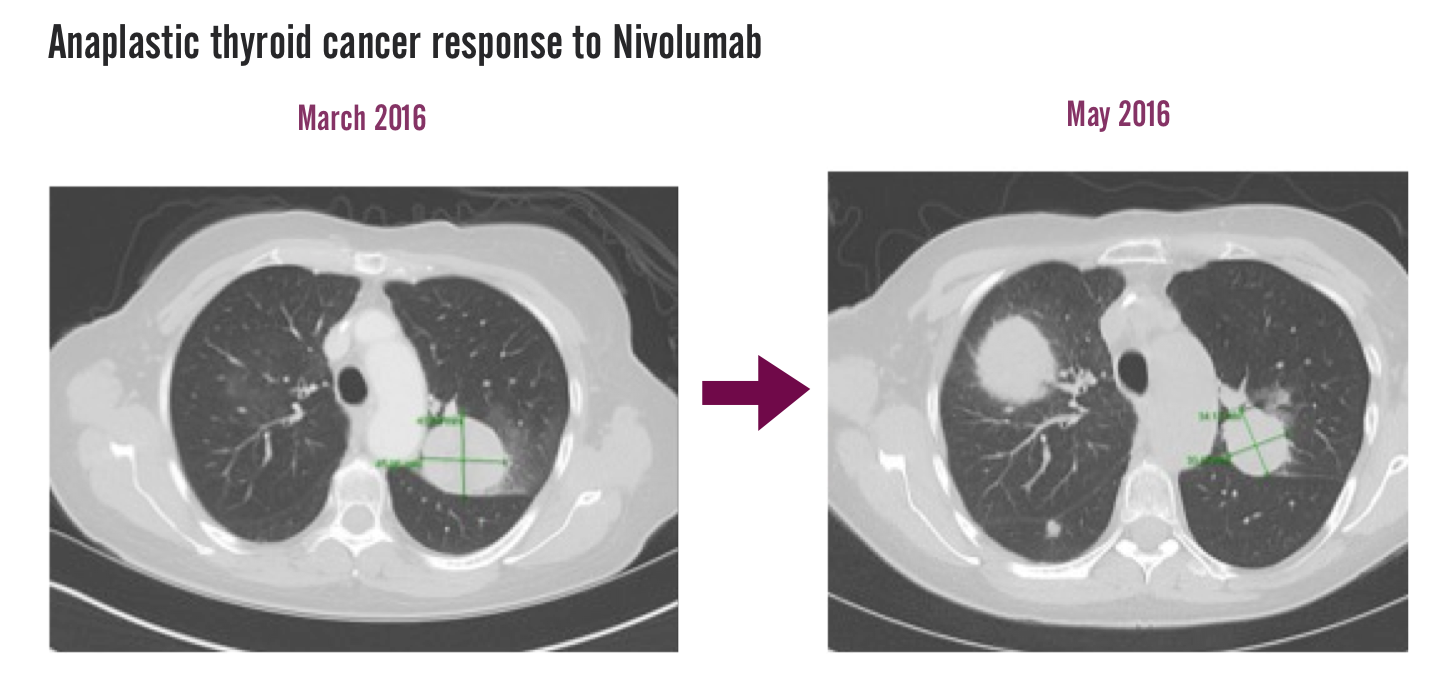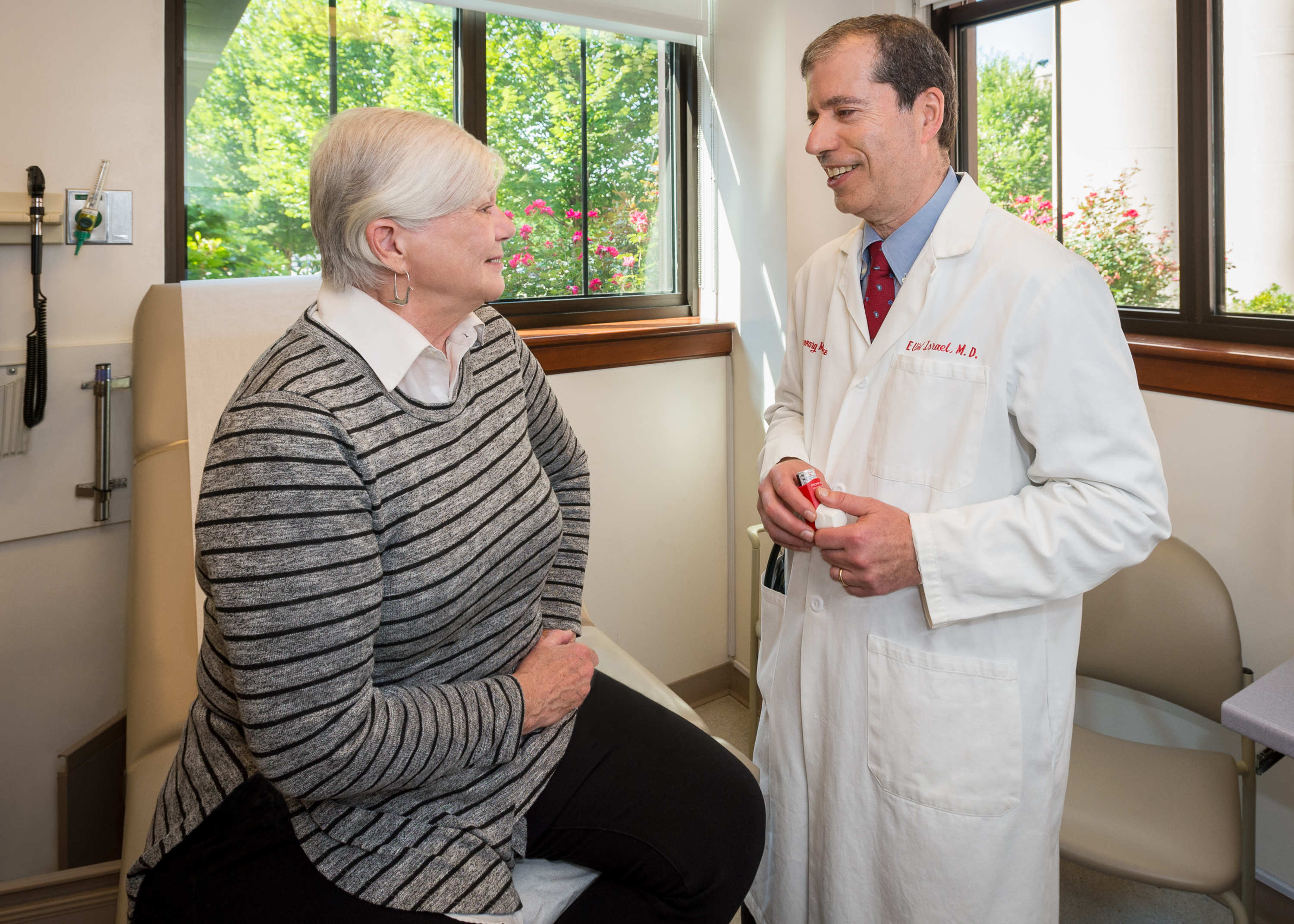Periostin May Be a Novel Biomarker to Classify Patients with Chronic Rhinosinusitis

A recent study from the Division of Otolaryngology at Brigham and Women’s Hospital (BWH) showed that serum periostin, an extracellular matrix protein, may be a novel biomarker for the presence of nasal polyps in patients with chronic rhinosinusitis (CRS), and could potentially serve as a target for future therapeutic interventions. The findings were published in the October 2017 issue of Otolaryngology Head Neck Surg. Read More
 While biologic drugs hold enormous promise for treating a wide range of gastrointestinal disorders, delivering these large molecules into the GI tract is formidable. To address this challenge,
While biologic drugs hold enormous promise for treating a wide range of gastrointestinal disorders, delivering these large molecules into the GI tract is formidable. To address this challenge,  Specialists in the Mastocytosis Center have developed advanced approaches for evaluating and treating mast cell disease, including state-of-the-art techniques to accurately diagnose the disease.
Specialists in the Mastocytosis Center have developed advanced approaches for evaluating and treating mast cell disease, including state-of-the-art techniques to accurately diagnose the disease. 

 Specialists from
Specialists from  Recent research into preventing the Lewy bodies that are a hallmark of Parkinson’s disease raises the possibility of a new path for drug development: repurposing existing asthma drugs to turn down production of alpha-synuclein.
Recent research into preventing the Lewy bodies that are a hallmark of Parkinson’s disease raises the possibility of a new path for drug development: repurposing existing asthma drugs to turn down production of alpha-synuclein. 

